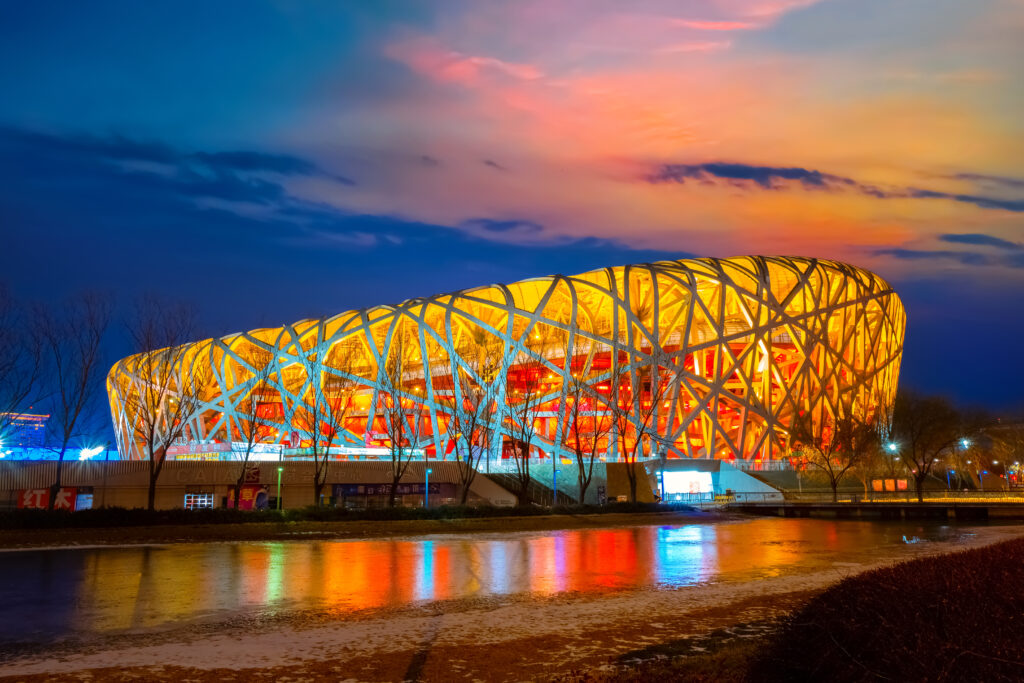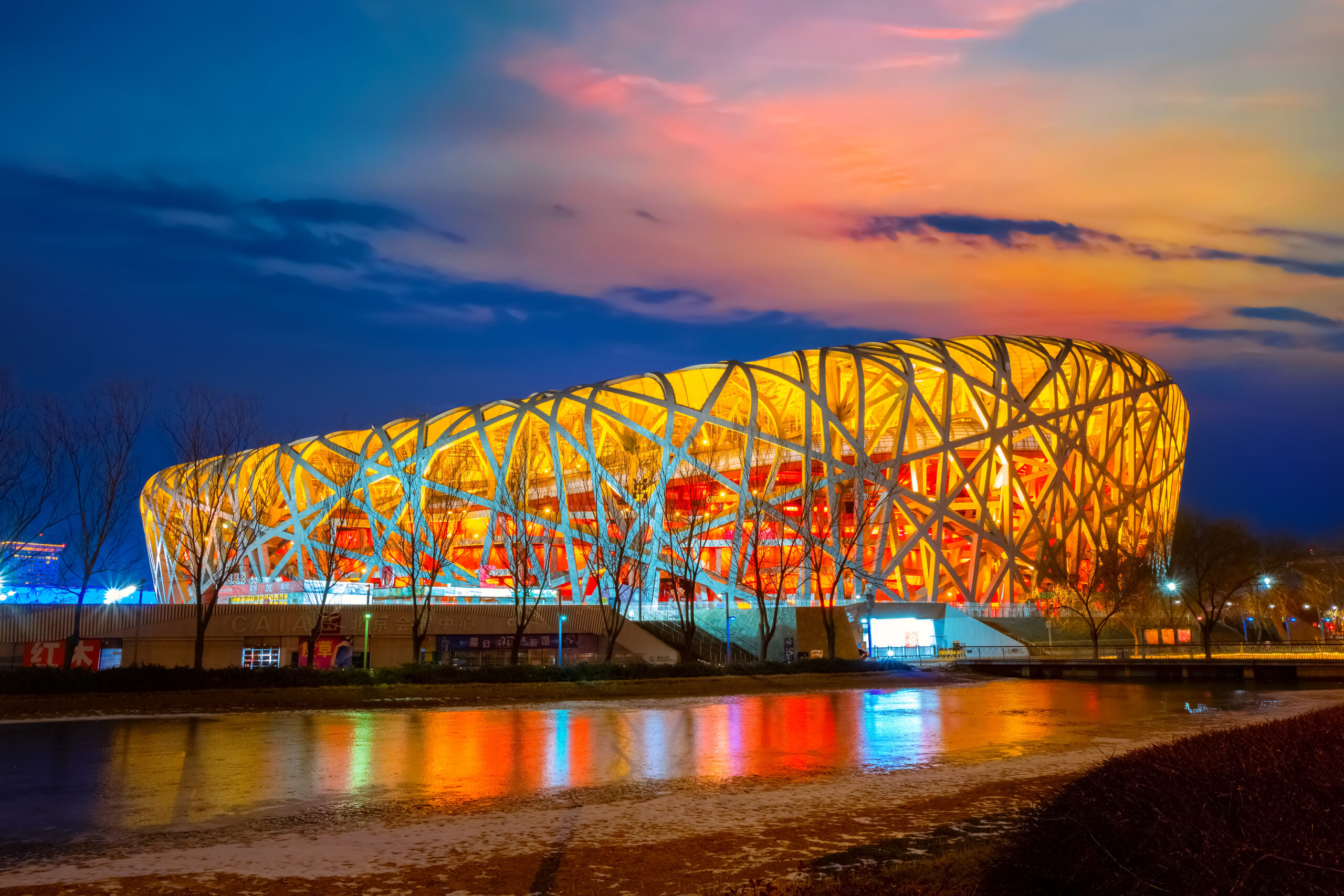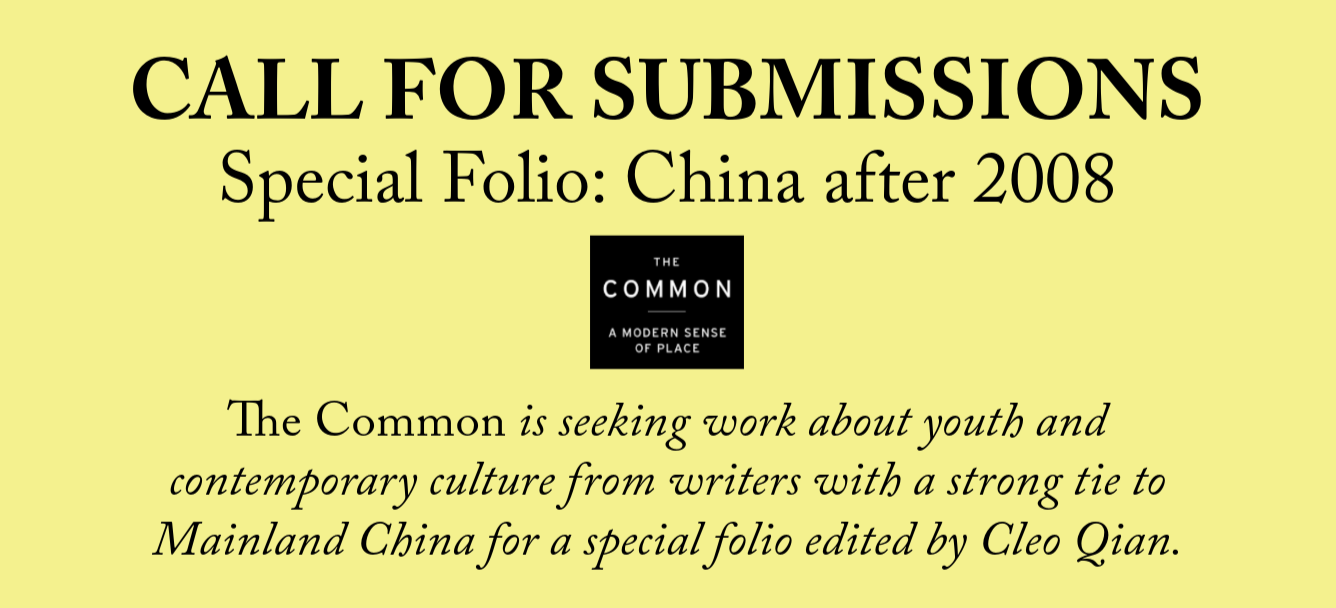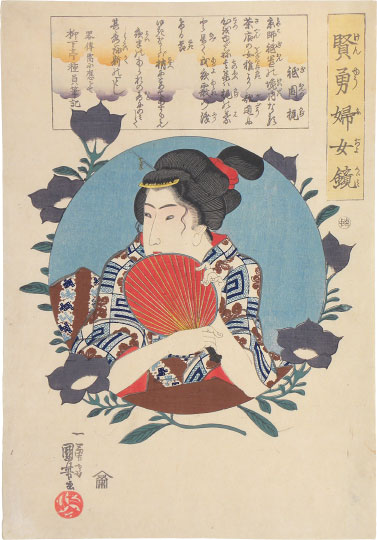Editor’s Note
For the rest of the world, China’s 2008 Summer Olympics—with its $40 billion budget, dramatic “Bird’s Nest” stadium, and the lavish spectacle of its opening ceremony—marked the ascension of a new economic superpower onto the modern stage. Since then, new generations of Chinese youth have grown up into a society constantly rippling with changes, inundated with globalization, technology, and consumerism.

Beijing, China – The national stadium built for the 2008 Summer Olympics & Paralympics
Today, the West views China with curiosity, suspicion, and a sense of enigma and threat. Chinese literature translated into English is still predominantly written by older authors from the period of World War II, Maoism, and the Cultural Revolution. This leaves the up-and-coming generation of Chinese artists, now dealing with wholly different lifestyles and a wholly new set of concerns, all too often neglected.






